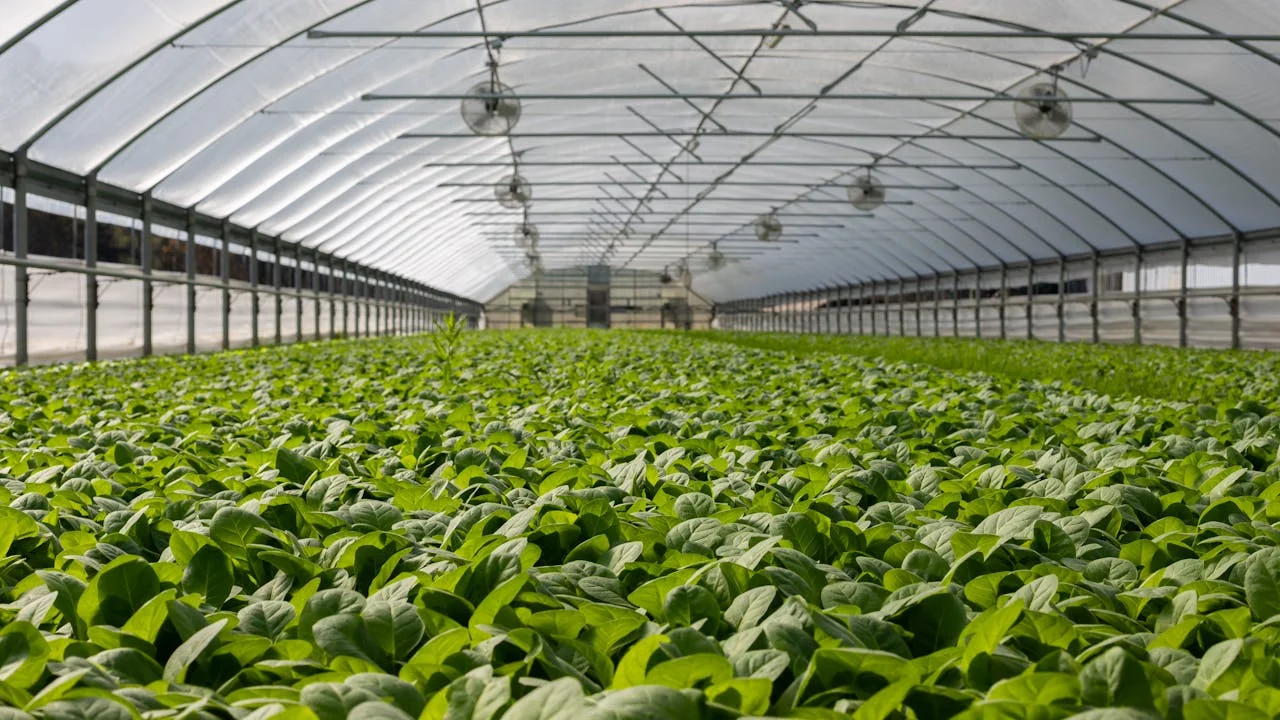
In 2023, Nestlé achieved a notable 13.5% reduction in greenhouse gas (GHG) emissions compared to its 2018 baseline, while maintaining business growth. This progress included a remarkable decrease of over 15.3% in methane emissions. The company has effectively uncoupled its growth from emissions and is set to achieve a 20% absolute reduction in GHG emissions by 2025.
These substantial reductions stem from comprehensive initiatives spanning all three scopes of activities (scope 1, 2, and 3). In 2023, 94% of Nestlé’s GHG emission decline originated from operational and supply chain reductions.
Antonia Wanner, Group Head of ESG Strategy and Deployment at Nestlé, emphasized, “Our emissions reduction progress underscores our steadfast commitment to our net zero roadmap. Collaborating closely with partners, we strive to foster sustainable food production while enhancing livelihoods across our value chain. A just transition is pivotal to expedite our endeavors.”
Over two-thirds of Nestlé’s GHG emissions originate from ingredient sourcing, with dairy being the primary source. To address emissions at the farm level, Nestlé collaborates with suppliers and farmers to transition to regenerative agriculture practices, focusing on diverse cropping systems, biodiversity, soil health, and water security. This tailored approach is locally relevant and aims to support a just transition for farmers.
Nestlé is dedicated to assisting farmers through technical, collaborative, or financial means. Initiatives such as the Nescafé Plan 2030 and the Nespresso AAA Sustainable Quality™ Program in coffee, and the Income Accelerator Program in cocoa, aid in increasing productivity and improving farmers’ livelihoods. Dairy and livestock projects, such as those under the Ninho brand in Brazil, contributed a quarter of the reductions achieved in 2023.
By the end of last year, 15.2% of Nestlé’s raw materials were sourced from farmers practicing regenerative agriculture, with a target of reaching 20% by 2025. The company is enhancing its own operations’ energy efficiency and transitioning to renewable electricity sources, with 91.9% of sourced electricity in global manufacturing sites being renewable by the end of 2023.
Looking forward, Nestlé aims to further reduce emissions through agroforestry, deforestation prevention, and innovative farming practices. The company has established science-based emissions reduction targets validated by the Science Based Targets initiative (SBTi), including specific objectives for the Forest, Land, and Agriculture (FLAG) sector for 2030 and 2050. Nestlé’s roadmap focuses on emissions reductions and value chain improvements without relying on offsets or voluntary market credits to meet its SBTi-validated targets.




